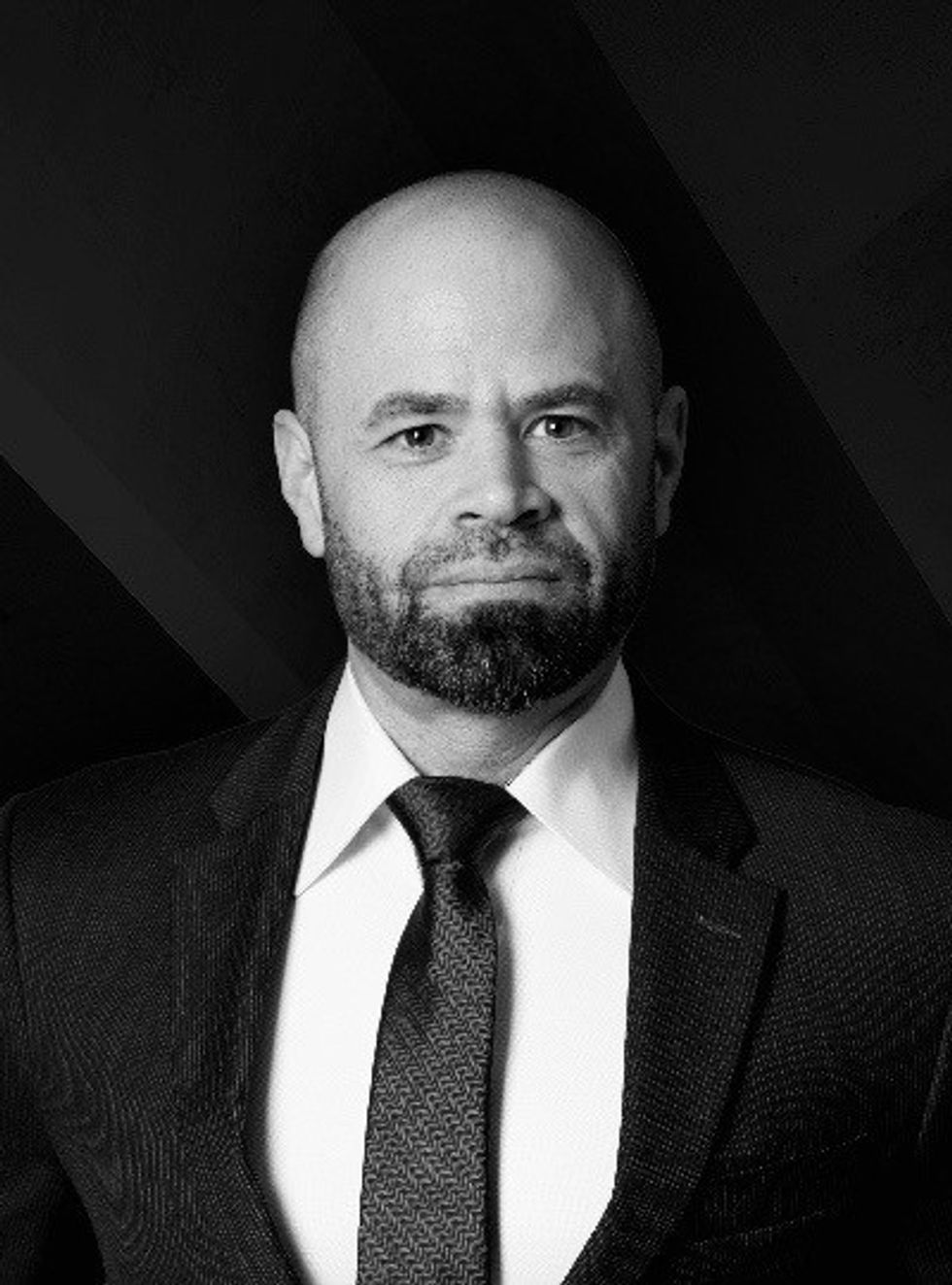Bottom Line:
The dark web has long been a place where stolen personal data is bought and sold in staggering numbers, criminals run lucrative drug and pornographic businesses and terrorists have found relatively safe territory from which to organize and communicate. But the future of the dark web may look different as less-sophisticated Internet users become more savvy to the non-criminal benefits of operating with greater privacy.
Background:
- The dark web is a “hidden” part of the internet that is invisible to search engines and that users can access only by using an anonymous browser system called Tor. Tor originally stood for “the onion router” and was developed in the early 2000s with funding from the U.S. military. It routes requests through proxy servers that make users’ IP addresses anonymous and untraceable and is run by thousands of volunteers around the world.
- The dark web functions similar to the regular internet, but its search engines are slow, unorganized, and usually give repetitive results. Websites appear normal, but their domain suffix is “.onion” and URL addresses are complicated combinations of letters and numbers. Sites frequently move or close due to owners cashing out their scams.
- E-retail operations are similar to the regular internet’s commerce operations, but crypto-currencies such as Bitcoin are used for transactions. Due to the anonymous nature of the sites and transactions, quality control and delivery of items is risky and unreliable.
- The United States Government is the largest funder of the Tor Project, which maintains the Tor software. Tor’s anonymity enables security services around the world to carry out online surveillance, launch sting operations from anonymous IP addresses, maintain anonymous tip lines, protect field agents’ locations, and anonymously access insurgents’ webserver logs.
- The anonymity of the dark web and Tor provides a secure platform for criminal activity—such as the sale of child pornography, personal data, weapons, drugs, and human trafficking victims—to flourish. Criminals also use the dark web’s communication services to plan future crimes.
- Most of the dark web’s nefarious activity is criminal, but experts assess that terrorists’ use of the platform will grow. The dark web allows terrorists to plan attacks, share information, and broadcast information to a large audience while maintaining anonymity of their identities and locations.
Criminals
"Where cyber attacks and cyber crime are concerned, the dark web tends to be the place for high volume and medium to low-level threats," says Cipher Brief expert and former Director of GCHQ, Robert Hannigan. "For example, we routinely see the trading of credentials and data, and cyber tools, on a massive scale. It is also the place where insiders sell access to their company’s networks, a particularly critical problem for the financial services industry."
Robert Hannigan, Former Director, GCHQ

"The biggest change in my working life has been the emergence of cyber attacks as a managed service through the dark web: this means that those who want to defraud or cause damage no longer need to be skilled themselves."
"But the fact remains that the most sophisticated attacks, particularly from Russia and China, and from the most dangerous cyber criminal groups associated with nation states, will never touch the dark web at all," Hannigan says. "So, the dark web matters, especially where fraud is concerned, but it is only part of the picture."
Terrorists
"Jihadists have proven adaptable and resilient as they face challenges in maintaining a persistent presence online," says Loaai Alakwaa, Counterterrorism Analyst with Flashpoint. "As that presence—especially on social media—comes under increasing pressure, they are constantly on the lookout for new and safe platforms where they can communicate, fundraise, and disseminate propaganda."
Loaai Alakwaa, Counterterrorism Analyst, Flashpoint
"In January 2019, the pro-ISIS information security (InfoSec) group “Horizons” announced via its Telegram channels the launch of its new Dark Web site on the Tor network. Horizons is a unit that predominantly operates on Telegram and aims to educate jihadists on operational security (OpSec) and digital hygiene, as they seek to evade law enforcement and intelligence agencies and obfuscate their online activities. Among the common pieces of advice from Horizons—as well as other ISIS supporters—is to always use Tor browser."
"Additionally, while Telegram remains the main platform for propaganda dissemination among jihadist groups, given the growing account shutdowns—a trend that accelerated in December 2018 with the suspension of hundreds of Telegram accounts—jihadists have launched Dark Web sites where they upload their propaganda," says Alakwaa. "In terms of soliciting funds for jihadists, analysts have witnessed campaigns to fund various jihadist projects that are created on a jihadist crowdfunding site in the Dark Web. However, as of this writing, the success of the platform and the projects themselves appear to be limited."
The Privacy-Seeking Web Surfer
"Within the past few years, there has been a significant growth in the use of the dark web on a global level," says former program manager for the Special Technologies Applications Sections (STAS) at the FBI, Chad Brockway. "While illegal activities still take place, there has been a huge growth in the number of every day users on the dark web, spurred by a better understanding of the dark web itself as well as a few key global events, like the usage of crypto-currency, privacy concerns and rights, and free access."
Chad Brockway, VP, Cyber Operations Division, Edgeworth Security

"One of the biggest factors in the growth of the dark web is directly linked to the level of access and security it can offer users, allowing them to conduct their daily business without fear of being monitored or targeted by large-scale corporations or government entities."
"Browsers such as The Onion Router (TOR) sends user traffic across a worldwide network utilizing different nodes along the way that masks the user’s origin and effectively, their identity as well. This is very appealing to users who are concerned about privacy, true access to information and the freedom of speech and thought," says Brockway.
Looking Ahead:
While there is no indication that the level of criminal activities occurring on the dark web will drop in the coming years, there are indications that the community of users could grow significantly, ultimately changing the future dynamic of the dark web.
Research by McRae Mayfield
Read also: How to Raise the Risk for Criminals on the Dark Net, Terrorists Stalk Dark Web for Deadlier Weaponry















